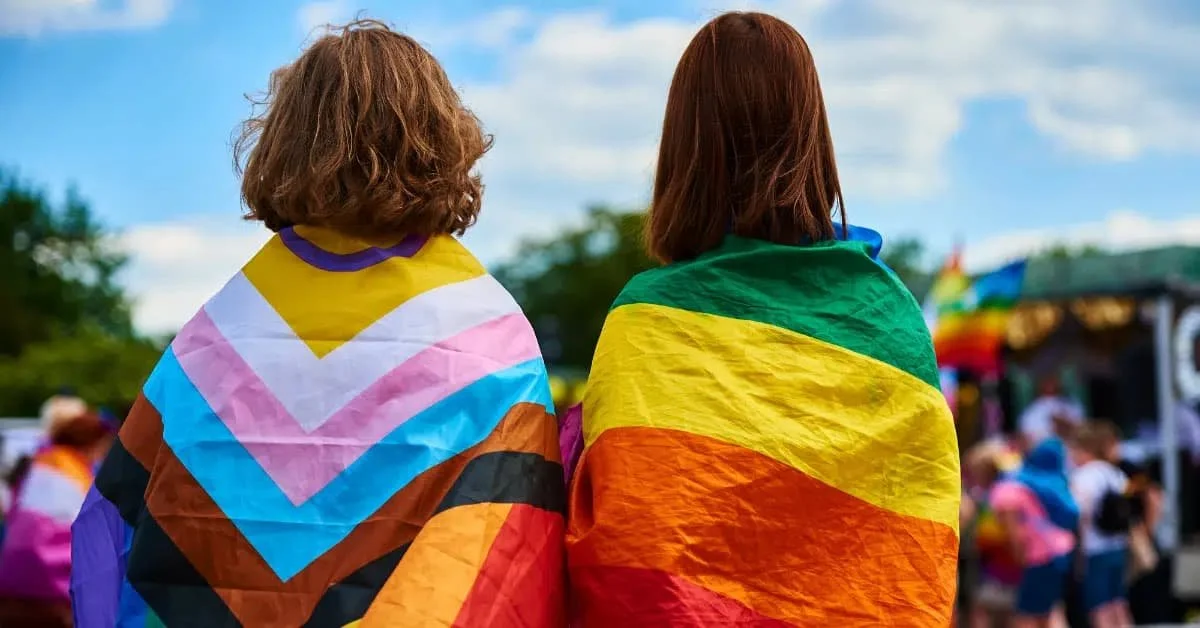LGBTQIA+ and Mental Health: What the Statistics Tell Us
Despite increasing societal acceptance, LGBTQ+ individuals continue to face persistent stigma and discrimination. These ongoing stressors contribute to significant social and health disparities within this community. The experience of minority stress can lead to a range of negative consequences for LGBTQ+ members of all ages, including:
Increased risk of poor physical and mental health outcomes
Higher likelihood of engaging in dangerous health behaviors
Elevated levels of anxiety and depression
Understanding these challenges is crucial for providing effective support and resources to the LGBTQ+ community.
Mental Health Challenges on LGBTQ+ People
Recent statistics paint a concerning picture of mental health in the LGBTQ+ community. According to the Trevor Project's 2024 survey, 39% of LGBTQ+ youth contemplated suicide in the past year, with higher rates among transgender and nonbinary individuals. Substance abuse often coexists with mental illness, affecting 28% of LGBTQ+ adults. Alarmingly, 28.7% of LGBTQ+ adults had serious suicidal thoughts in 2022, significantly higher than their heterosexual counterparts. These sobering figures underscore the urgent need for targeted mental health support and advocacy within the LGBTQ+ community.
Many LGBTQ+ individuals find therapy to be a transformative experience, providing a safe space to explore identity, process trauma, and develop coping strategies. Your unique experiences and challenges deserve validation and support. By taking this step, you're investing in your well-being and paving the way for a more fulfilling life. Remember, you don't have to go through this journey alone; professional therapists are ready to support you.
Risk Factors Of LGBTQ+ Mental Health
Members of the LGBTQ+ community face a disproportionate risk of experiencing mental health challenges compared to the general population. While being LGBTQ+ itself is not a mental health condition, several factors contribute to this increased vulnerability.
Coming Out and Rejection
Coming out can be challenging for LGBTQ+ individuals, especially youth. While societal acceptance has improved, revealing one's identity at younger ages can impact relationships and mental health. Rejection from family, friends, or communities remains a significant issue. A 2013 survey found that 40% of LGBTQ+ adults experienced rejection, while a 2022 report showed only 37% of LGBTQ+ youth felt their home was affirming.
Trauma and Discrimination
LGBTQ+ individuals often face traumatic experiences due to homophobia, biphobia, and transphobia. Discrimination manifests as labeling or mislabeling, stereotyping, denial of opportunities, and various forms of abuse. These experiences can significantly impact mental health and well-being.
Increased Vulnerability and Risks
The LGBTQ+ community faces disproportionate challenges to their mental health and safety. They are frequently targeted by hate crimes, making them one of the most vulnerable groups in the country. LGBTQ+ youth experience a 120% higher risk of homelessness, often due to family rejection or discrimination.
This risk is particularly acute for Black and Native American/Alaska Native LGBTQ+ youth. Additionally, LGBTQ+ individuals are at higher risk for suicidal thoughts and attempts compared to their heterosexual, cisgender peers, with LGBTQ+ high school students four times more likely to attempt suicide.
LGBTQ+ Mental Health Treatment Data
Despite the high demand for mental health care among LGBTQ+ young people (84%), many face significant obstacles. Alarmingly, 50% of those needing care couldn't access it, including 49% of transgender and nonbinary youth. For those who did receive counseling, in-person therapy (69%) and online video sessions (53%) were most common.
Treatment Patterns
Among LGBTQ+ adults with past mental health issues, 59.7% reported being in recovery or actively recovering. However, treatment gaps persist. In 2019, 27.4% of LGBTQ+ adults with co-occurring substance use disorders and serious mental illness received no treatment, highlighting the urgent need for improved access and targeted interventions.
Building and maintaining healthy relationships can be particularly challenging for LGBTQ+ individuals. LGBTQ+ therapy can provide support in navigating family dynamics, coming out experiences, and relationship issues specific to the LGBTQ+ community. I specialize in helping individuals navigate this difficult landscape. Book a consultation today to learn more.

